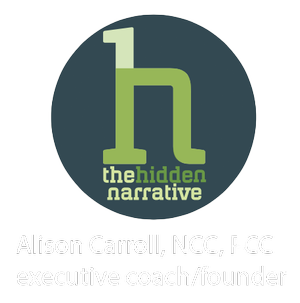Why Not You
In a New Yorker article, one of my favorite medical writers, Dr. Atul Gawande, talks about coaching: “Personal Best, Top athletes and singers have coaches. Should you?” If you’re considering hiring a coach, or even just interested in coaching, this is fascinating reading.
Is this it?
Dr. Gawande seems to have struggled with the wall a lot of us hit at mid-life or even earlier. He calls it the plateau -– that midpoint in some activity, whether it’s your surgical technique or your tennis game, where we don’t seem to be improving any more and the only other obvious direction to go is down. Inevitable decline is not a very inspiring prospect!
He also wrestles with the concept of coaching and its paradoxes: learning is involved, but coaches aren’t teachers; although they observe and guide, they aren’t your mentor and they might not know much at all about what you do or the kind of life or background you have. Unlike other places or programs designed for learning, you also don’t “graduate” from coaching.
So how does coaching fit into a busy professional’s life, and why would you do it?
Getting there from here
It turns out that the plateau is a pretty lonely place. Many people seem to feel that they have to sustain their performance in whatever zone they compete by themselves. They believe that coaching is reserved for top-level athletes, professional musicians or high-level executives who perform in the public eye and at very high levels. The rest of us are mostly on our own.
Fortunately, that does not have to be true. Having “outside ears and eyes” in the form of a coach is key to renewing our engagement with ourselves and reconnecting with our ability to grow and change in whatever we are doing.
Dr. Gawande hired a coach to help him with his surgical technique, and although he doesn’t say it, I think what also happened was that he created a space for learning, found someone he trusted to observe him and then opened himself up to the lessons that followed. Simple, but not easy.
Sharing the journey
In creating a strong connection to someone whose sole mission was to help create the conditions for him to excel, Dr. Gawande found a partner in the pursuit of excellence. His coach asked powerful questions and communicated clearly, honestly and directly. Dr. Gawande was encouraged to re-examine his thinking and to expand his awareness of his choices. The result was a firmer foundation for learning and change and a greater capacity to make smarter decisions.
The good news? You don’t need to be a renowned surgeon or author to get the same results. The process can start with some conversation about where you are and where you want to go. Why not get a coach?

